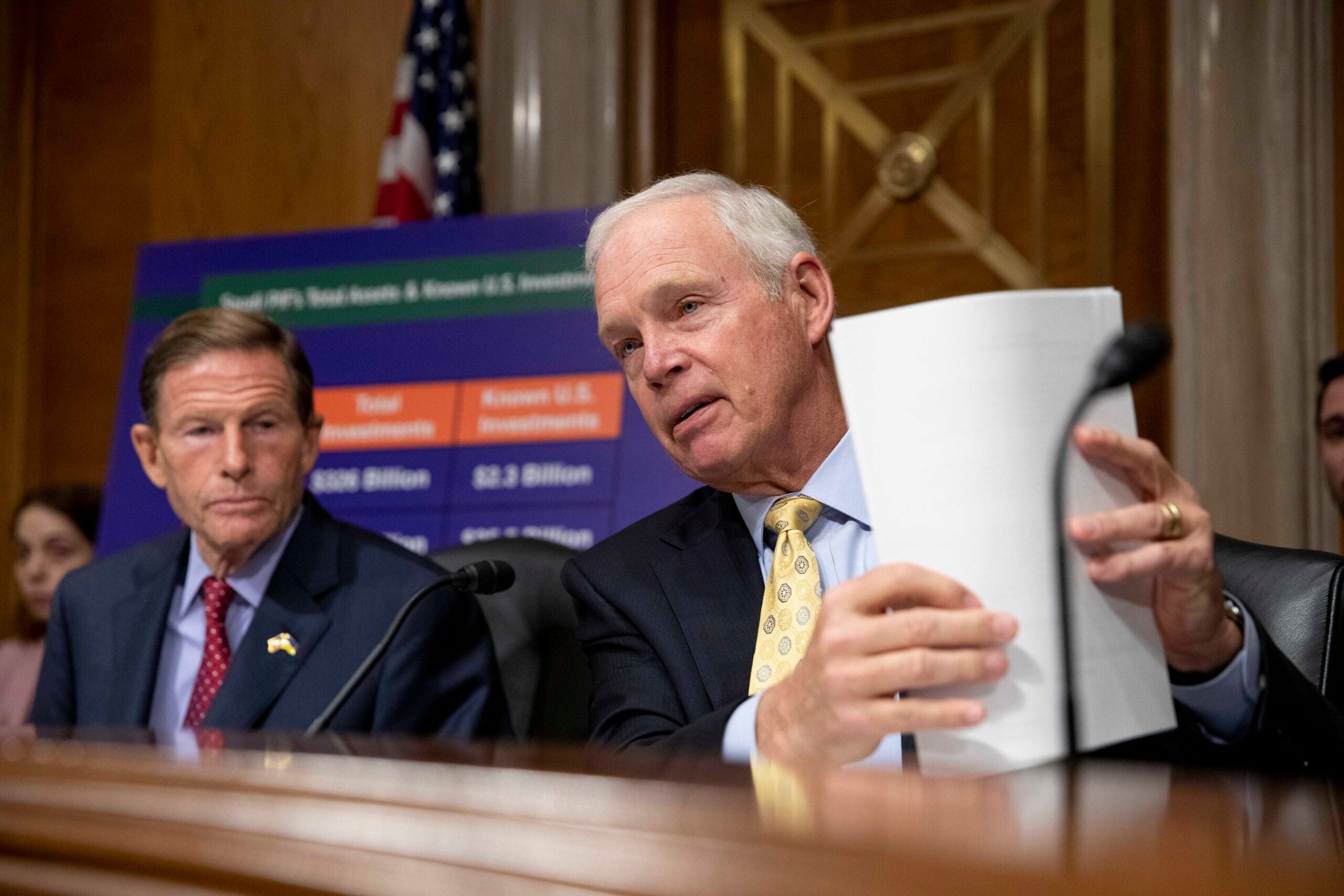Only one of the 18 major presidential candidates has served in the military, and our guest says that’s a problem. A historian and policy expert argues that more veteran voices are needed in our policy discussions. We also talk to a mathematician about the importance of enjoying math, and we learn the potential implications of a Wisconsin SUpreme Court case being heard today.
Featured in this Show
-
Education Issues Before The Wisconsin Supreme Court
Today, Wisconsin’s Supreme Court is hearing a case that will determine how independent the Department of Public Instruction remains. We learn what the key issues are and who is arguing for the change.
-
It's Time For Us To Rethink Math, UW Mathematician Says
Mathematician Melanie Matchett Wood often hears from children and adults about how they have a math phobia: They’ll profess to hate solving for X, or figuring out how to split the bill or take care of the tip.
“They say they don’t like math, but they love cooking, or they love quilting, or they love poker. And I say, ‘Well, all of those things are math. They’re rich in math. You do love math, you’re just not identifying all those things as math,’” said Matchett Wood, a math professor at the University of Wisconsin-Madison.
Matchett Wood — who last month was named as a Packard Fellow for Science and Engineering, a major award for new approaches in mathematical thinking — said math is much more than formulas and empty variables. Math, she said, demands creative and new ways of thinking in order to solve “questions that have been around for hundreds of years.”
Matchett Wood first came to understand math as an expression of creativity in middle school after entering a math competition.
“I was asked to solve problems that no one had taught me how to solve,” she said. “And that’s when I saw how cool math can be — that it wasn’t just applying some sequence of steps that the teacher had taught you, but rather figuring out new ways of thinking about things.”
By age 16, Matchett Wood became the first female student to make the U.S. International Mathematical Olympiad Team. Now, at UW-Madison, she’s one of the leading thinkers in number theory and in better understanding prime numbers and their patterns, something the ancient Greeks also grappled to understand.
Matchett Wood said she often gets questions about the application of prime numbers. Many of them are along the lines of: So what?
In fact, she said, prime number pattern scholarship used to be the poster child of obscure math functions that serve no purpose.
“Now, every time you buy something online or send an email, your information is being encrypted using the properties of the prime numbers,” she said. “And that encryption is safe and we can know it’s safe, partly because of the mathematics that people have done to understand primes and the patterns in them.”
That new application, said Matchett Wood, shows there are still new frontiers when it comes to math, and getting there requires concerted efforts to rethink how we understand math, as well as making it more inclusive for women and girls.
After all, said Matchett Wood, math isn’t just in everything — it also offers a promising career path.
-
Guest Says We Need More Veterans' Voices In Foreign And Domestic Policy Discussions
We’re in the throes of election season as presidential candidates are gearing up for debates, campaign stops, and speeches. Only one of the current presidential candidates has military experience. It’s Lindsey Graham, and he’s not even in the top ten Republican candidates. Our guest argues that we need more veterans’ voices in foreign and domestic policy discussions.
Episode Credits
- Rob Ferrett Host
- Veronica Rueckert Host
- Judith Siers-Poisson Producer
- Rob Ferrett Producer
- Amanda Magnus Producer
- Gilman Halsted Guest
- Melanie Matchett Wood Guest
- Jeremi Suri Guest
Wisconsin Public Radio, © Copyright 2025, Board of Regents of the University of Wisconsin System and Wisconsin Educational Communications Board.

